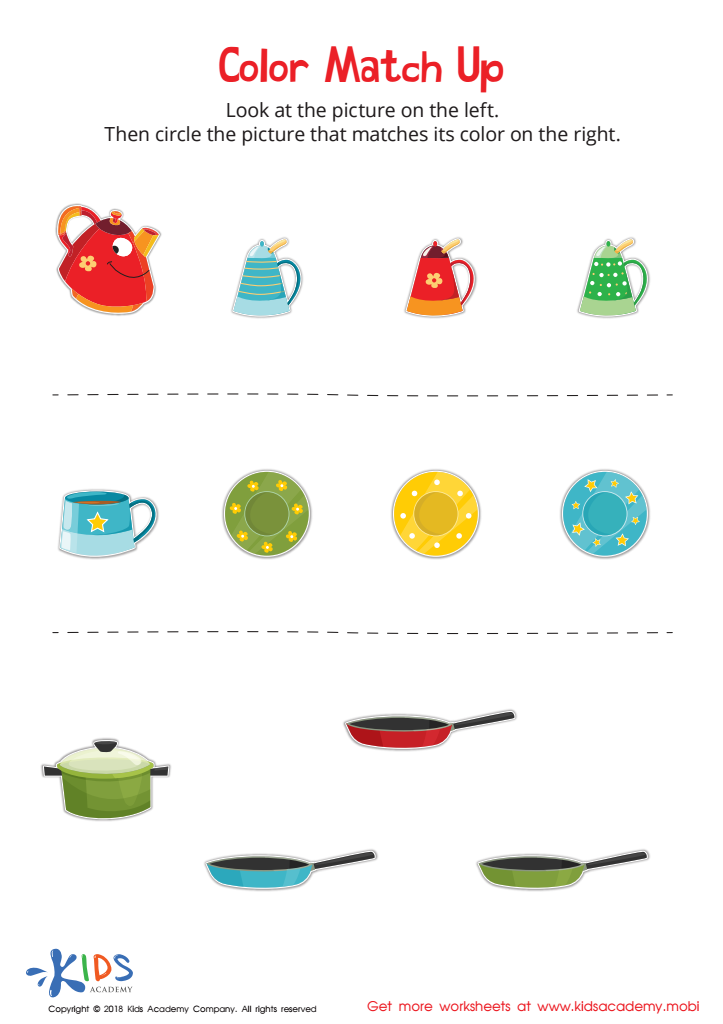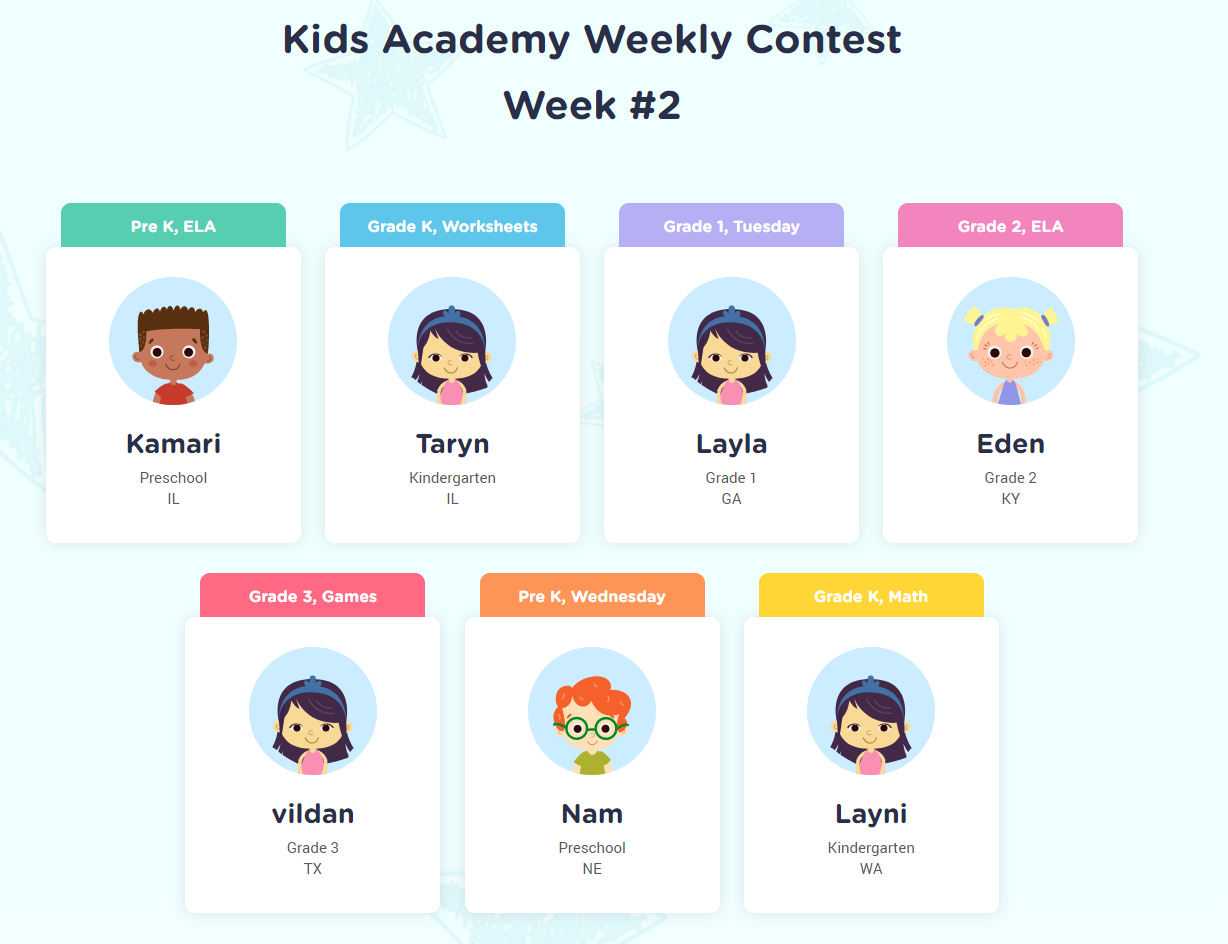Color recognition Normal Math Worksheets for 4-Year-Olds
6 filtered results
-
From - To
Enhance your child's learning experience with our Color Recognition Normal Math Worksheets for 4-Year-Olds! Designed to spark interest in early mathematics, these engaging worksheets focus on identifying and matching colors while developing foundational math skills. Simple yet fun activities will help your little ones distinguish between colors and encourage their creativity. Perfect for use at home or in the classroom, our printable resources are aligned with preschool learning objectives, making them ideal for young learners. Easily accessible and tailored for 4-year-olds, these worksheets promote both color recognition and basic arithmetic, providing a well-rounded educational experience for your child. Discover today!
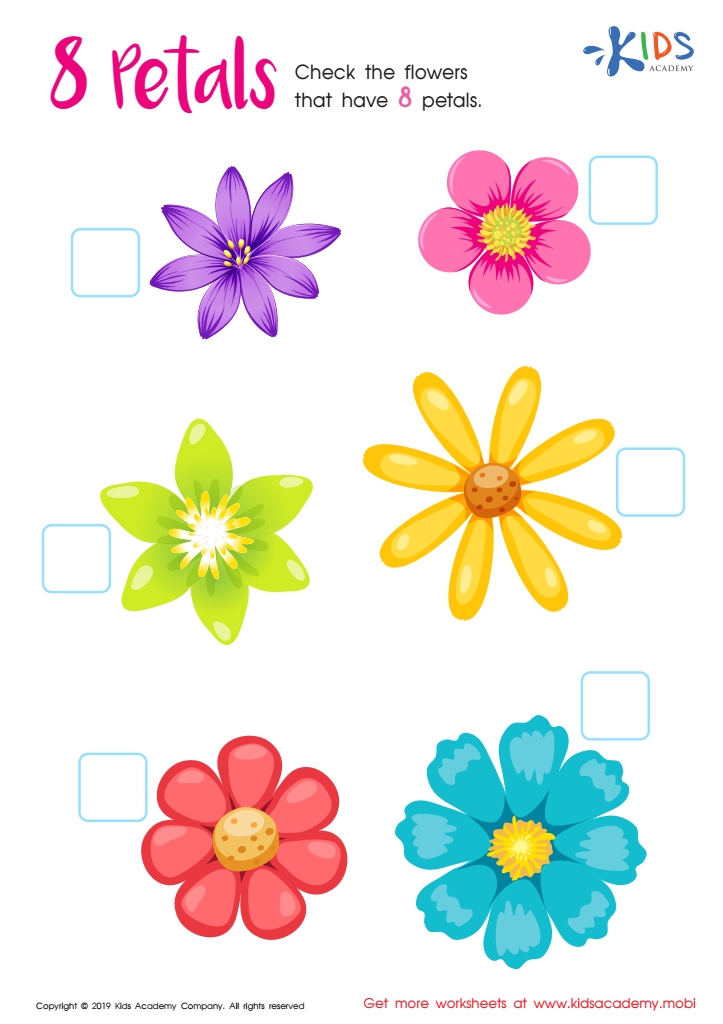

8 Petals Worksheet
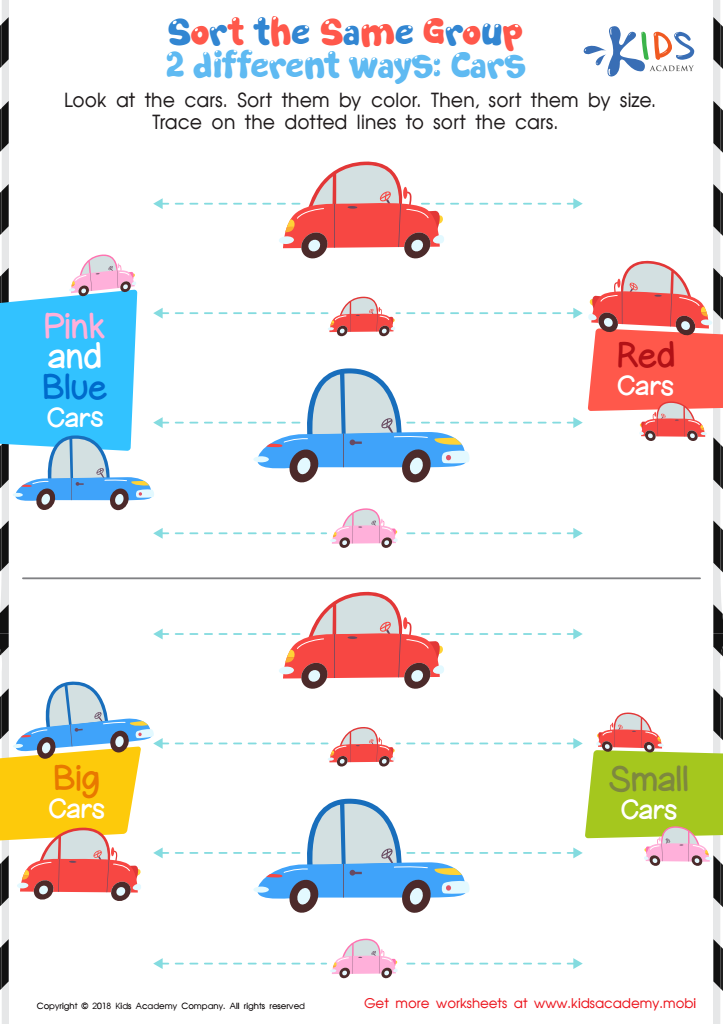

Sort the Same Group 2 Different Ways: Cars Worksheet
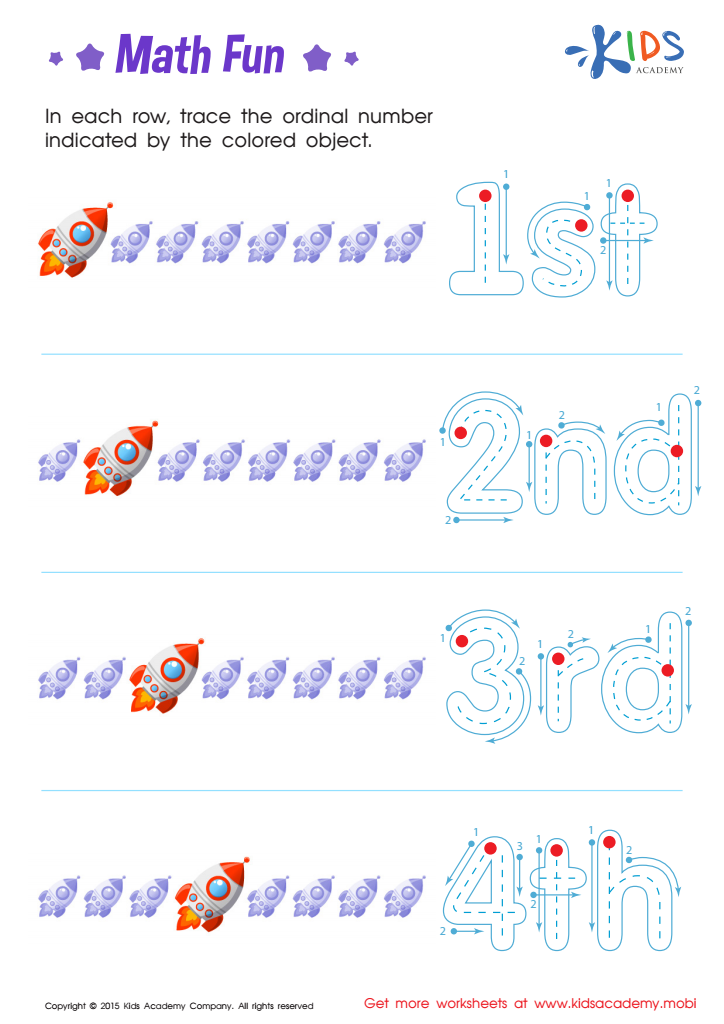

Ordinal Numbers: Math Fun Worksheet
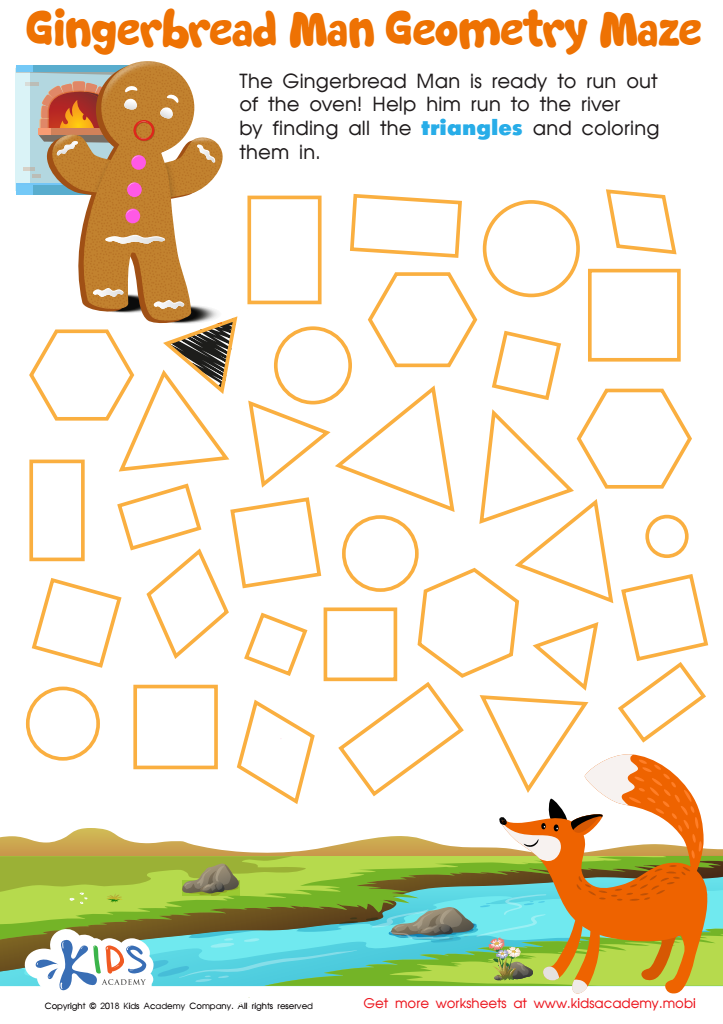

Gingerbread Man Geometry Maze Worksheet
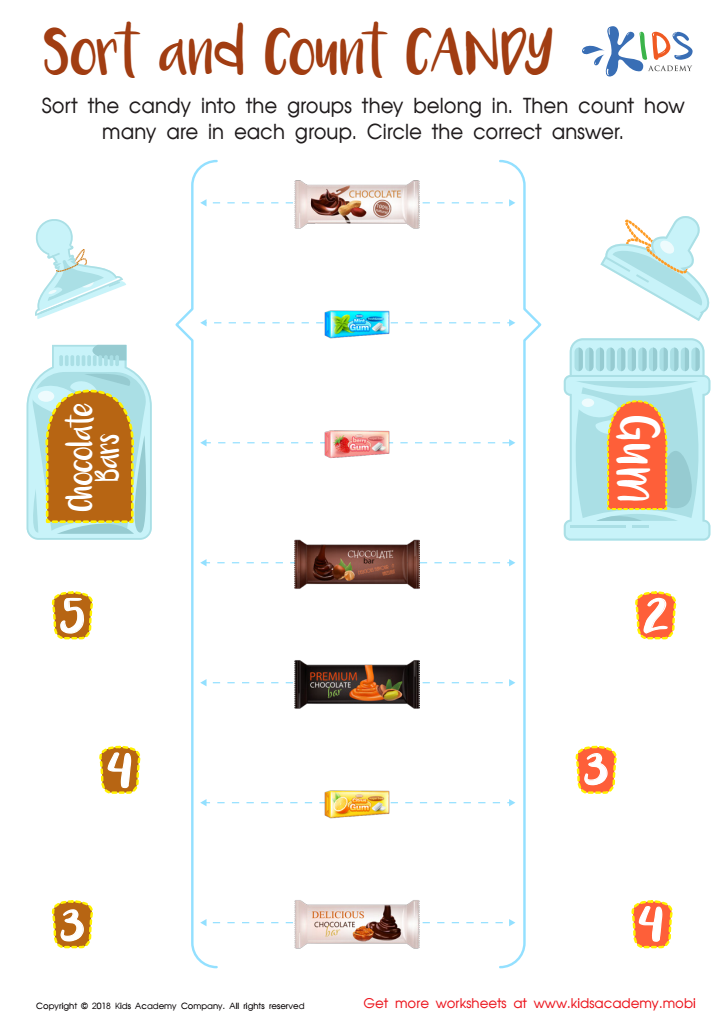

Sort and Count Candy Worksheet
Color recognition and basic math skills are foundational elements in the cognitive development of 4-year-olds, making it crucial for parents and teachers to prioritize them in early childhood education.
Color recognition helps young children enhance their observation skills and fosters their ability to categorize and differentiate objects. It lays the groundwork for more complex learning, such as identifying shapes and understanding patterns. Recognizing colors also contributes to a child's social development, as they learn to express preferences and engage in descriptive conversations with peers.
In parallel, exposure to normal math concepts—such as counting, number recognition, and basic addition and subtraction—create essential building blocks for later mathematical understanding. Early math skills are directly connected to linguistic development and problem-solving abilities, enhancing critical thinking.
Integrating color recognition and simple math through play and interactive activities makes learning enjoyable and relatable. Engaging children in these concepts at an early age not only builds their confidence but also ignites a lifelong love for learning. Parents and teachers play a pivotal role in fostering a rich educational environment that encourages exploration, and cultivating these skills provides a strong foundation for future academic success.
 Assign to My Students
Assign to My Students
